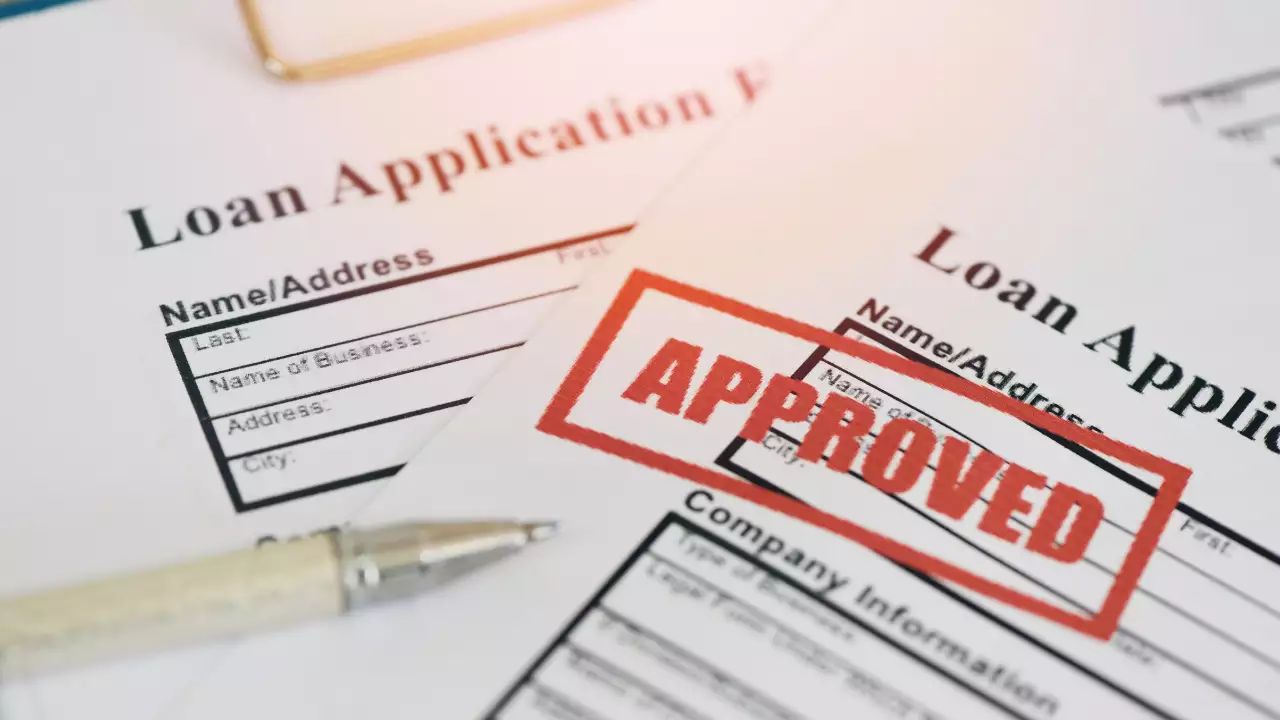Introduction
Negotiating directly with creditors to settle debt for less than the amount owed can provide financial relief, but it requires careful preparation and strategic negotiating. When done right, debt settlement can eliminate balances and payments to give you a fresh start.
However, it also comes with risks like further damaging credit or failing to reach settlements. This guide will walk through when negotiation makes sense, how to negotiate effectively, and alternatives if it does not work for your situation.
Overview of Debt Negotiation

Debt negotiation, also called debt settlement, aims to resolve debt for less than the full amount owed. It works best for unsecured debts like credit cards, medical bills, personal loans, and other flexible debts.
You directly contact creditors and collection agencies to propose lump-sum settlements or repayment plans to satisfy debts.
The key benefit is eliminating balances and payments to regain financial stability. Creditors may accept discounted settlements because partial payment is better than default. Settlements typically range from 40-60% less than the amounts owed initially.
Debt negotiation allows you to avoid bankruptcy while still reducing burdensome debts you cannot reasonably pay back currently.
However, debt settlement also comes with major credit damage, at least in the short term. Your credit score can drop 100 points or more when accounts get settled.
Negative information stays on credit reports for up to 7 years. Additionally, negotiation involves stopping payments which leads to delinquency and default until any final settlements. This guide will cover how to limit credit damage.
When Negotiation May or May Not Help
Debt negotiation works best when you have significant unsecured debts that you reasonably cannot pay back, and want to avoid bankruptcy.
Your credit is already damaged from missed payments, but settlements can provide a path back to financial stability. If you have some ability to make lump-sum offers, negotiation may help resolve debts.
However, debt negotiation involves voluntarily defaulting on debts, which damages credit further. If you still have good credit or the ability to pay back debts through payment plans, then settlement may not be the best option now.
Additionally, secured debts like mortgages, auto loans, and federal student loans typically cannot get settled through negotiation.
You have to assess your personal financial situation to decide if debt negotiation helps more than it harms. Speaking with a nonprofit credit counseling agency can provide guidance for your specific case. If you decide to negotiate, adequate preparation and researching negotiation rights will improve outcomes.
Prepare for Negotiations
Before contacting creditors, take time to thoroughly prepare for discussions and settlement proposals. Organize financial information, review debts to prioritize, calculate realistic repayment ability, save up funds, and learn negotiation rights. Proper planning demonstrates seriousness, improves credibility, and sets terms for initial offers.
Review Debts and Prioritize
Make a list of all outstanding debts, including the creditors, account numbers, original amounts owed, current balances, interest rates, and past due statuses.
This overview will help strategize which debts to focus on first for settlement proposals based on factors like how far behind payments are. Typically debts that are very delinquent already provide more incentive for creditors to settle.
Calculate Total Debt and Repayment Ability

Next calculate your total debts and monthly disposable income. Account for take-home income after taxes and then necessary living expenses. The remaining disposable income represents what could reasonably go towards new monthly payments under settlement terms or lump-sum settlement offers.
Document your financial situation including expenses, income reductions like job loss or medical problems, and other hardships creating financial distress. These details support settlement proposals by providing context and urgency for creditors to make deals.
Save Funds
If possible based on remaining disposable income, start setting aside monthly amounts to save up lump sums or make initial down payments for settlement offers. Even small amounts build over time. While most creditors will initially ask for large percentages, offering an immediate partial payment improves credibility and seriousness of initial offers.
Learn Negotiation Rights
Finally, learn your rights during the negotiation process. The Fair Debt Collection Practices Act (FDCPA) protects consumers from harassment tactics. Collectors cannot threaten violence, use obscene language, repeatedly call, publish your information, or falsely represent themselves.
Understanding these rights prepares you to end calls and reconsider negotiation if collectors cross lines.
Start the Negotiation Process

With debts prioritized and terms set, now contact creditors directly through customer service numbers. Explain the situation and financial hardship. Start negotiations with a low settlement offer, provide supporting documentation, and get agreements in writing before paying.
Contact Creditors Directly
Start by contacting creditors directly rather than collection agencies if possible. Original creditors often have more flexibility and discretion to settle compared to collectors who may have paid pennies on the dollar for debts. Calling also establishes a relationship and dialogue for negotiating rather than just exchanging letters.
Explain Hardships
Next explain your financial situation, income reductions, and other hardships preventing you from paying back the full amounts owed. Providing context earns empathy and highlights extenuating circumstances driving distress. This explanation leads into initial settlement proposals.
Make Initial Offers
There are no fixed rules for exact initial offers, but credible opening offers typically range from 40-50% of total debts owed. Very low initial offers may not be taken seriously unless you have extensive documentation supporting inability to pay more. Expect back and forth negotiation on amounts.
Provide Documentation

To demonstrate seriousness and support stated hardships, provide documentation like bank statements, hardship letters from employers or doctors, income tax returns, and other evidence you cannot repay debts as originally agreed. Creditors can verify and validate circumstances to justify settlements.
Get Agreements in Writing
Once you agree on settlement terms, get the offer and payment deadline in writing before sending any money. Signed letters or settlement agreements protect you by legally binding creditors to uphold promises after you pay. Make sure the letter states settling the debt completely closes the account.
Make Payments as Agreed
Finally, make sure to pay the settlement amounts by the deadlines in the written agreements. Failing to pay after settlements are formally agreed erodes all credibility and progress made during negotiations. Honor the deals to resolve debts.
Other Debt Relief Options

If negotiation efforts fail to produce reasonable settlements, consider alternatives like debt management plans, consolidation loans, or bankruptcy which may better fit your situation. Each option has pros and cons to weigh carefully.
Debt Management Plans
Debt management plans through nonprofit credit counseling agencies can lower interest rates and create affordable payment plans across multiple debts. While these programs take several years to complete, they help avoid default while paying back all principal amounts.
They provide structured plans to pay back debts in full over time without damaging credit scores further.
Debt Consolidation
Debt consolidation uses new loans with lower interest rates to pay off multiple higher interest debts more efficiently. This folds balances into a single manageable payment. Consolidation only works if you can qualify for desirable loans and consistently make the new payments. It does not reduce principal owed.
Bankruptcy

As a last resort, personal bankruptcy eliminates many debts completely without repayment through court filings. However, it destroys credit for years and has significant long term impacts. Still, Chapter 7 bankruptcy in particular can resolve debt quickly when settlements fail and other options do not work. The strict processes provide legal protections.
Maintain Positive Credit After Settlements
Once you complete debt settlement, continuing responsible financial behaviors protects credit and prevents falling back into unmanageable debt. Pay all new bills on time, keep balances low through payment plans, and give yourself time to rebuild credit through positive reporting.
Debt settlement provides critical financial relief when affordable payment plans cannot resolve distress. Preparation and diligently negotiating with creditors can eliminate burdensome debts.
Just make sure settlements align with long term financial goals. Consider all options and outcomes when negotiating debts.
Conclusion
Debt negotiation offers a path to eliminating or reducing unmanageable amounts owed through settlements with creditors and collectors. When done properly, it can provide financial stability without resorting to bankruptcy.
However, the risks of further credit damage means preparation and protecting yourself through written agreements are critical. Not all situations lead to ideal settlements, so have backup plans ready. Consider all debt relief options and outcomes to make progress.
Citations:
https://www.incharge.org/debt-relief/debt-settlement/negotiating-with-creditors/
https://www.forbes.com/advisor/debt-relief/debt-settlement-negotiations-diy/
https://rosenblumlaw.com/our-services/bankruptcy-nj/how-to-negotiate-with-creditors/
https://www.cnbc.com/select/best-debt-relief-companies/
https://www.whitejacobs.com/negotiating-with-creditors-and-debt-collectors-best-tips/